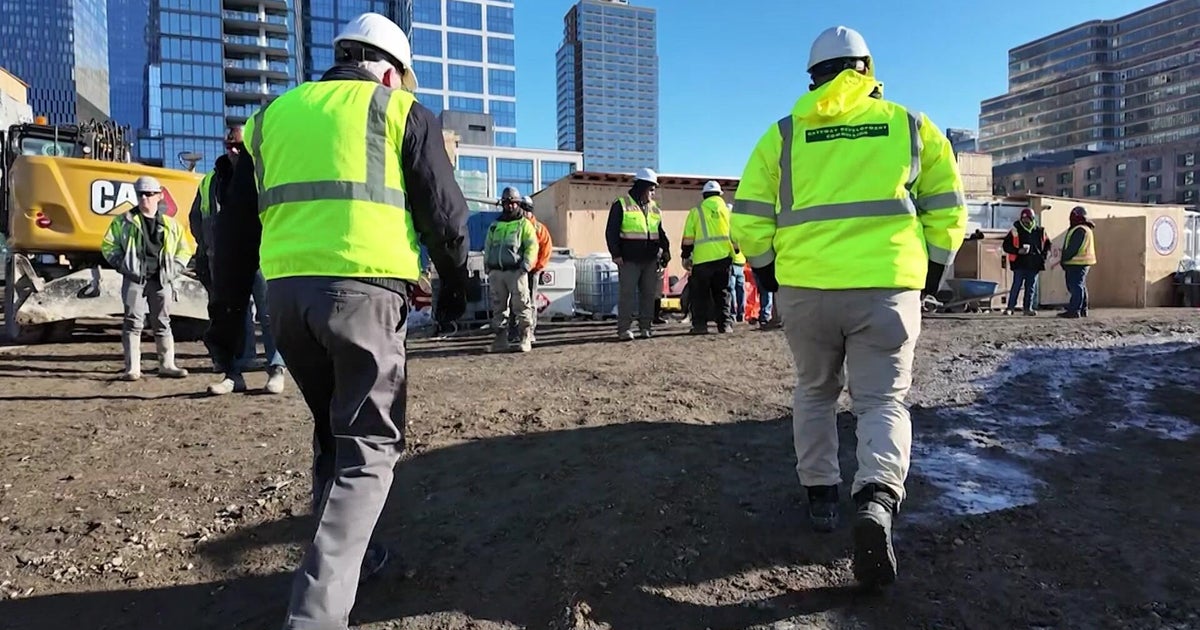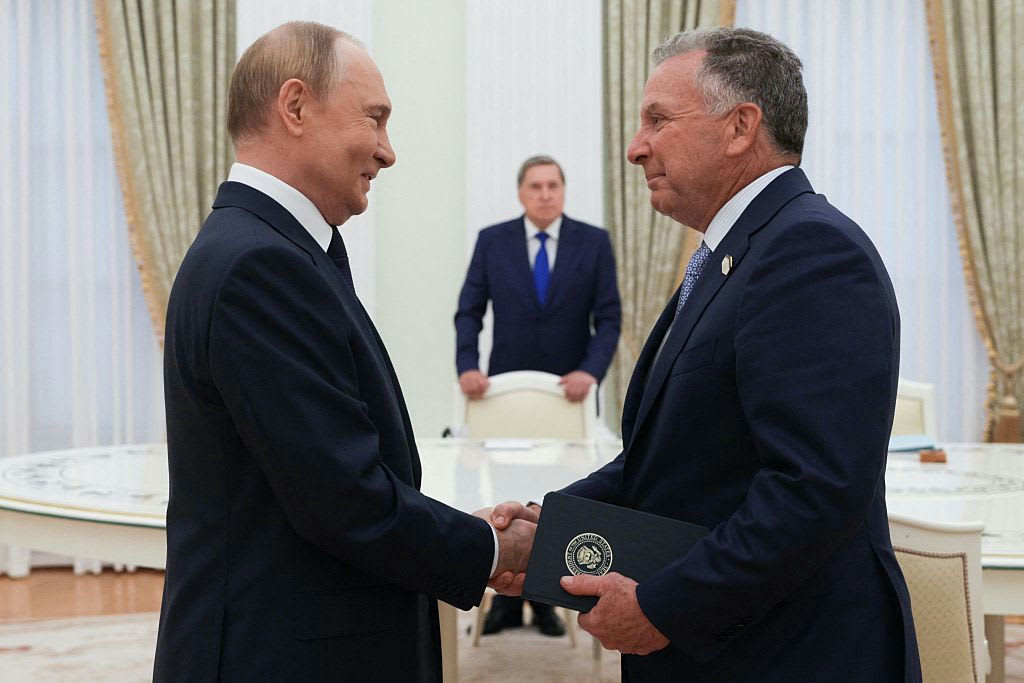Mnuchin requests boost in funding for Paycheck Protection Program
Washington — Treasury Secretary Steve Mnuchin has asked Congress to approve more funding for the Paycheck Protection Program, a key part of the $2.2 trillion relief package signed by President Trump last month to respond to the economic fallout of the coronavirus pandemic.
"At the direction of President @realDonaldTrump, I've spoken with @SenateMajLdr, @SenSchumer, @SpeakerPelosi, and @GOPLeader to secure an additional $250 billion for the #PPPLoan program to make sure small businesses get the money they need!" Mnuchin wrote on Twitter Tuesday afternoon.
Meanwhile, Senate Majority Leader Mitch McConnell said Tuesday that he will work with Minority Leader Chuck Schumer to approve additional funding by voice vote or unanimous consent.
The initial $359 billion program was aimed at providing loans to help small businesses retain workers and pay bills. McConnell said additional funding could be passed as soon as Thursday.
"In just a few days, this program has become overwhelmingly popular. Thanks to the hard work of small businesses and lenders, billions of dollars have already landed and tens of billions more are already in the pipeline. Jobs are literally being saved as we speak. But it is quickly becoming clear that Congress will need to provide more funding or this crucial program may run dry. That cannot happen," McConnell said in a statement. "Congress needs to act with speed and total focus to provide more money for this uncontroversial bipartisan program."
The program was developed by Republican Senators Marco Rubio, Susan Collins and Lamar Alexander and Democratic Senators Ben Cardin and Jeanne Shaheen. Rubio said Tuesday that he asked Mnuchin to request additional funding for the program, and his office expects a formal request to be made shortly.
"I have asked Secretary Mnuchin to make a formal request for additional funds as soon as possible," Rubio said in a statement. "We are working with Leader McConnell and his office to get additional money for the Paycheck Protection Program passed by Unanimous Consent as early as possible. There is a critical need to supplement the fund to ensure America's more than 30 million small businesses will be able to access this critical lifeline."
Rubio said the program would need another $200 to $250 billion in funding.
However, a spokesperson for Schumer said that the minority leader has not heard from McConnell, and Cardin has not heard from Rubio.
An aide to McConnell said the leader "will discuss" the bump in aid with Schumer "at some point" before Thursday's session, and that staffers for the two leaders are "probably already in touch."
Republican and Democratic leadership will now check to see if there are any senators who plan to raise objections. If not, they can pass it by unanimous consent without any senators physically returning to vote. Otherwise, they will pass it by voice vote, which can still be done with a few local senators coming in to vote.
House Speaker Nancy Pelosi told CNN Tuesday afternoon that she believes the program needs more funding, but said that Democrats would have "certain considerations."
"We want to make sure the program is administrated in a way that does not solidify inequality and how people have access to capital," Pelosi said, adding that she wanted additional funds available to minority and rural-owned small businesses and community banks.
Friday was the first day small businesses could apply for the program, which offers 1% interest loans to business with fewer than 500 workers. On Monday morning, the Small Business Administration said more than 100,000 loans had been approved under the program, for a total value of $30 billion.
However, the program got off to a rocky start. Most U.S. banks are processing loans only for existing clients. Wells Fargo announced late Sunday that it would no longer accept new loan applications under the program.
Mr. Trump said during a coronavirus task force briefing on Tuesday that he asked banks to process loans for new clients, and "they're going to do it."
Nancy Cordes, Stephen Gandel and Megan Cerullo contributed to this report.



